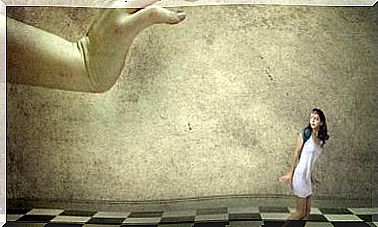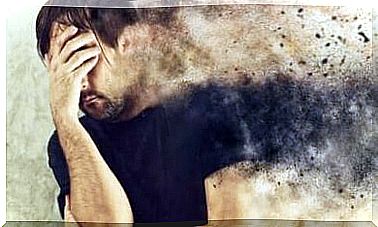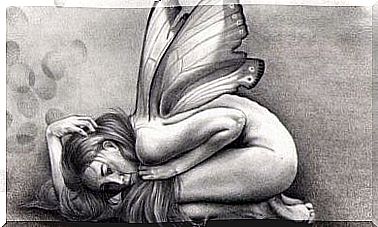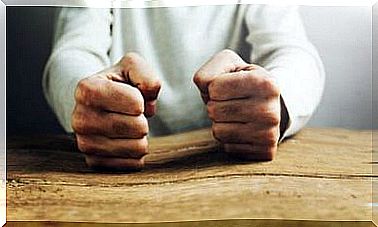Read Here Why Fear Makes You Tired
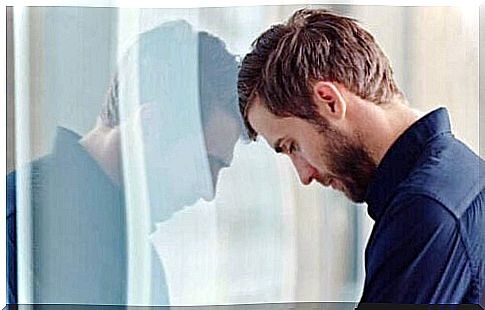
Why am I so tired when I’m anxious? Many people ask themselves this question when they are going through difficult times psychologically. Your body feels heavy, your muscles hurt, you feel a tightness in your chest and you constantly have to sit down to rest. What is going on here? In today’s article, we’ll take a look at why anxiety makes you tired.
Much research focuses on this question, with studies dating back to the First World War. Hospital staff then noted that many of the soldiers returning to the front lines suffered from anxiety and depression in addition to their physical injuries.
In addition to these cognitive problems, another common symptom emerged: extreme and persistent exhaustion.
Doctors at the time called this phenomenon “war fatigue.” However, over the years, scientists have gained a better understanding of the underlying biochemical and physiological processes involved in these psychological conditions. Let’s take a closer look at that.
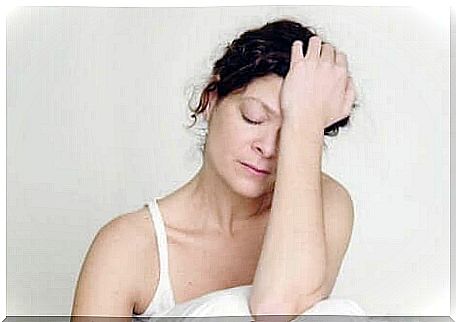
When Anxiety Makes You Tired: Factors to Consider
Fatigue usually has one of two causes: it is the result of sustained physical exertion or it is due to psychological factors. The latter may seem contradictory, but the research data backs it up.
A study conducted at the University of Manitoba in Canada revealed an important aspect of the link between anxiety and exhaustion. The impact of depression and anxiety disorders in the workplace is enormous.
One of the factors most closely associated with poor job performance is fatigue. A significant number of people are too tired at work to concentrate or be productive to achieve their goals.
The study also found that the fatigue caused by anxiety and depression can also make it difficult to lead a normal life.
The things you used to enjoy, like going out with your friends or doing some hobby, suddenly seem too much. They require a level of effort and energy that you just don’t have. But why? Why do you feel so tired from fear? Here are some common causes:
Adrenaline and Anxiety: Relentless Physical Activation
Stress and anxiety both stem from an increase in your body’s production of adrenaline and norepinephrine. The purpose of these two hormones is to help you respond to or escape threats and danger.
The release of adrenaline and noradrenaline increases your heart rate, breathing and blood pressure. It also facilitates the release of cortisol. However, in normal circumstances this is a short reaction. Once the threat is gone, your body will return to its normal state.
However, if you suffer from anxiety and the ‘threat’ you perceive is not something concrete (such as a wild animal, for example), the production of these hormones accelerates. Their continued presence in your body can be very harmful. It can cause fatigue, headaches, digestive problems and tachycardia, among other things .
However, exhaustion is usually not the only symptom in people who suffer from anxiety disorders. They also generally experience many of the symptoms we mentioned above. All this is the clear manifestation of a constant state of alertness and activation, which, as you might imagine, can be exhausting.
The effect on your muscles
If you have chronic anxiety or have experienced it at certain times in your life, you know what it feels like. Fear makes your body feel heavy and uncomfortable. Your legs hurt, your arms feel weak, and your back and neck are tense.
Anxiety has the most pronounced effect on your muscles. That’s because the brain sends all your energy to your muscles so they can respond to the fight or flight message. The tension built up from this constant state of alertness can cause pain and exhaustion.
Your brain may be sending you a message if fear makes you tired
If you’ve ever wondered why fear makes you tired, you should think about whether your body is trying to tell you something. Your exhaustion may be a kind of defense mechanism of your brain. The fatigue and lethargy you feel may be your brain’s way of trying to get you to quit.
A very important aspect of this kind of exhaustion is that you can’t get rid of it by sleeping 30 hours. In other words, physical rest does not solve a mental problem.
The purpose of this brain response is to make you stop and regroup. Changing habits, setting priorities, managing emotions, and healing past and present conflicts are the best ways to deal with them.
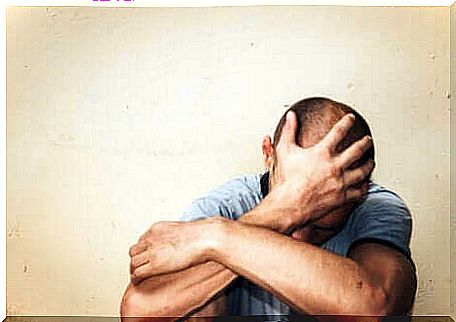
Don’t neglect your health
We know that fear has a whole range of psychological and physical manifestations. For example, think of:
- constantly worrying
- concentration problems
- sleeping problems
- stomach ache
- physical exhaustion
However, it is important not to assume that your symptoms are caused by anxiety. Visit your doctor to rule out underlying health conditions.
Thyroid problems and anemia can also cause your chronic fatigue. Getting a diagnosis from a health care provider is crucial to getting you on the road to healing. If your body is trying to tell you something, listen carefully and give your body what it needs.
